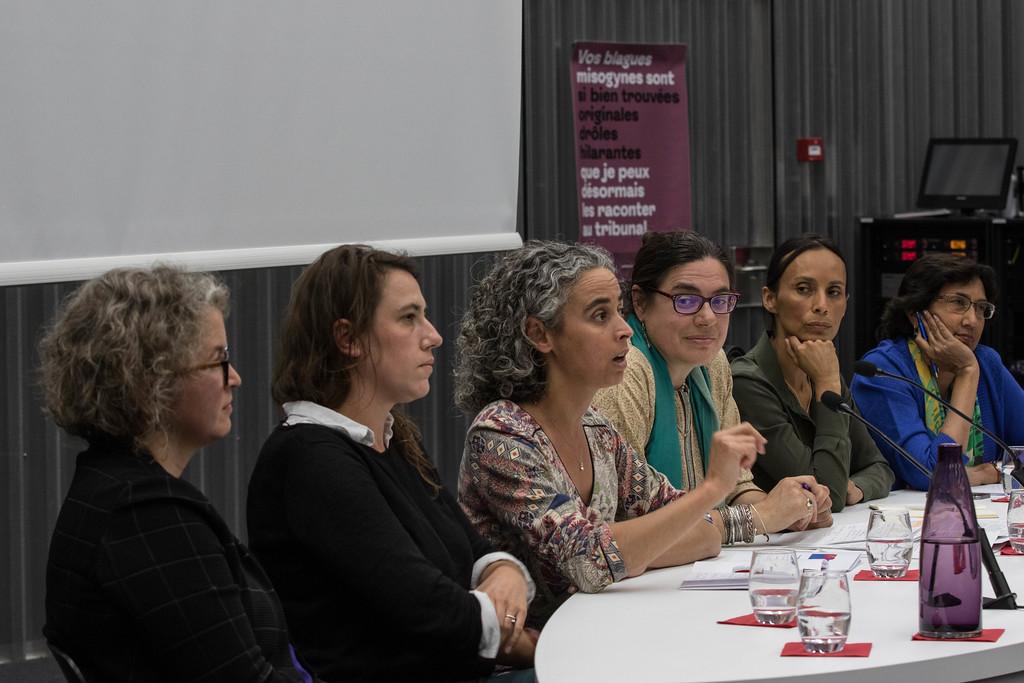The Ebola outbreak in the Democratic Republic of the Congo (DRC), declared on 8 May 2018, prompted a rapid response on the part of national and international partners and was guided by the lessons learnt from the 2014-16 West Africa outbreak and previous outbreaks in the country. The WHO Emergencies Programme allowed the Organization to intervene within an established framework and structure. The previous outbreak also paved the way for research and development for an Ebola vaccine, which allowed targeted immunisation for the affected population in the DRC to contain the outbreak. However, as the vaccine existed but was not yet registered, ethical questions on whether it should be used and how to engage with local communities arised. As discussed at a recent policy dialogue at the Maison de la paix all stakeholders involved in infectious disease outbreaks need to understand how to use and apply ethical decision-making in their day-to-day work. This is why WHO recently developed an ethics platform to provide advice and tools to guide the decisions of these actors.
The outbreak in the DRC provided a clear signal that health emergency preparedness efforts need to be sustained at the national, regional and global levels. The inclusion of health emergencies as one of the three pillars of the recently adopted 13th General Programme of Work of WHO reflects this willingness and will allow the WHO, countries and other stakeholders to align their efforts to the target of 1 billion people better protected from health emergencies by 2023. The 71st session of the World Health Assembly (WHA) also adopted a five-year global strategic plan to improve public health preparedness and response through implementation of the International Health Regulations (IHR). The new strategy aims to strengthen the capacities of countries to implement the IHR, including for better reporting.
The establishment by the WHO and the World Bank in May 2018 of a Global Preparedness Monitoring Board will further contribute to keeping health emergencies high on the political agenda. The Board will monitor emergency preparedness across national governments, UN agencies, civil society and the private sector, and will report, among others, on the adequacy of financing for health crisis preparedness. As underlined by a one-day workshop and evening policy dialogue, co-organised by the Global Health Centre and Finland’s Ministry of Social Affairs and Health, one of the key areas of work of the Board should be the monitoring of investments – especially from the public sector – and their impact. Investments for preparedness, in particular in resource-poor settings, should contribute to the day-to-day functioning of health systems, for example by expanding and strengthening the regular health workforce, which can engage in emergency response in the event of an outbreak. As highlighted by Dr Tedros at the opening of WHA71, “health security and universal health coverage are two sides of the same coin. The best thing we can do to prevent future outbreaks is to strengthen health systems everywhere.”


